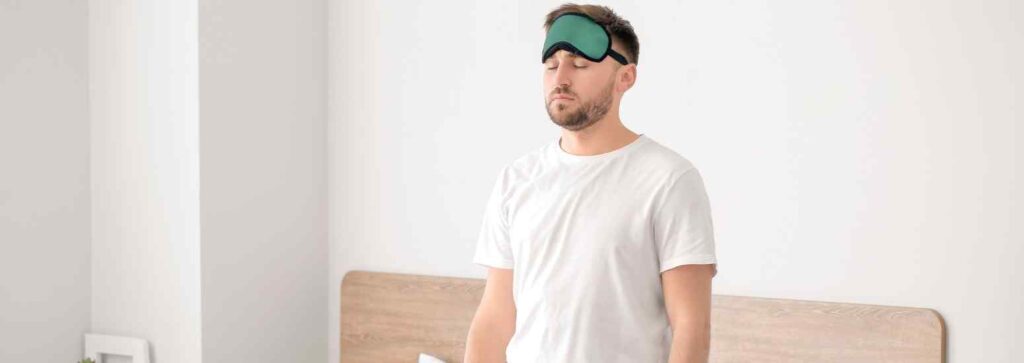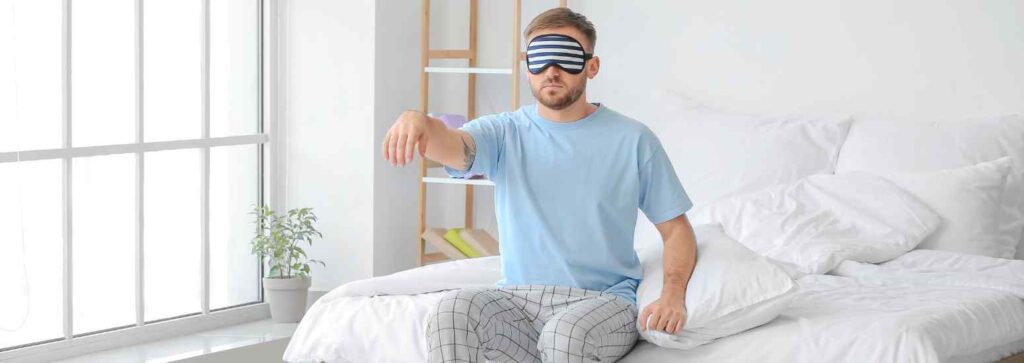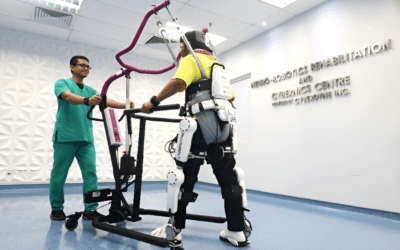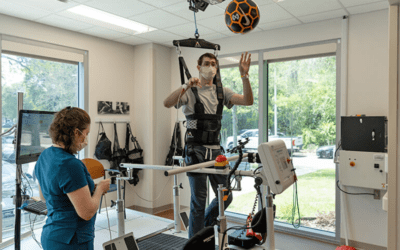What is sleepwalking?
Sleepwalking, or somnambulism, is a disorder where a person engages in activities like walking or performing tasks while still asleep. It typically occurs during deep sleep and the individual usually has no memory of the event.
What causes Sleepwalking?
Sleepwalking can be caused by a variety of factors, including:
- Sleep deprivation or irregular sleep patterns.
- Stress or anxiety.
- Medications that affect the central nervous system, such as sedatives or certain sleep aids.
- Genetics, as sleepwalking tends to run in families.
- Medical conditions like fever, sleep apnea, or restless leg syndrome.
- Alcohol or substance use, which can disrupt normal sleep cycles.
These factors can trigger abnormal brain activity during deep sleep, leading to sleepwalking episodes.
Why Do People Sleepwalk? Identifying the issue: Diagnosis

Identifying sleepwalking involves observing certain behaviors and symptoms that occur during sleep. Key signs include:
- Engaging in activities while asleep, such as walking, sitting up, or even talking, with a blank or glazed expression.
- Lack of awareness: The person seems unresponsive to their environment and does not interact coherently.
- No memory of the event: The sleepwalker usually has no recollection of their actions when they wake up.
- Episodes occur during deep sleep: Sleepwalking often happens within the first few hours of falling asleep, during the deep non-REM sleep stages.
- Frequent tiredness or unexplained injuries: The person may wake up feeling tired or find unexplained bruises from activities during sleep.
If these behaviors are noticed, keeping a sleep diary and consulting a healthcare professional can help diagnose the issue.
Dangers of Sleepwalking
Sleepwalking poses several dangers, as individuals are unaware of their surroundings and actions. They may accidentally injure themselves by tripping, falling, or walking into dangerous areas like stairs or streets. Sleepwalkers can also unknowingly operate machinery or open doors, increasing the risk of harm. Additionally, sleepwalking can disrupt sleep quality, leading to daytime fatigue and impaired functioning.
Sleepwalking Treatment
Sleepwalking treatment focuses on improving sleep quality and reducing triggers.
Key approaches include:
- Improving sleep hygiene: Ensuring regular sleep patterns and a calming bedtime routine.
- Managing stress: Techniques like relaxation exercises or therapy.
- Medication for sleep walking: In severe cases, doctors may prescribe medications such as benzodiazepines or antidepressants.
- Addressing underlying conditions: Treating sleep disorders like sleep apnea or restless leg syndrome.
- Creating a safe environment: Removing hazards to prevent injury during sleepwalking episodes.
When to get care?
Why Do People Sleepwalk? and should seek medical care for sleepwalking if
- Frequent or prolonged episodes occur, disrupting your sleep or daily life.
- Dangerous behaviors arise, such as leaving the house, using sharp objects, or causing injury during episodes.
- Excessive daytime fatigue or trouble functioning due to poor sleep.
- The sleepwalking begins in adulthood or worsens suddenly, as this may indicate an underlying health condition.
- If stress, medications, or other factors appear to trigger or worsen sleepwalking.
A healthcare professional can help assess the situation and recommend treatment options to manage the condition.
Narcolepsy and Sleepwalking

Narcolepsy is a neurological disorder characterized by excessive daytime sleepiness and sudden sleep attacks, while sleepwalking involves performing complex behaviors during deep sleep. Although both affect sleep, they involve different mechanisms and symptoms.
Bottom line
The bottom line is that sleepwalking can pose significant risks to safety and health, especially if episodes are frequent, involve dangerous behaviors, or cause daytime fatigue. If sleepwalking is affecting daily life or leading to potential harm, it’s important to seek medical advice for diagnosis and treatment for sleepwalking to reduce risks and improve sleep quality.



